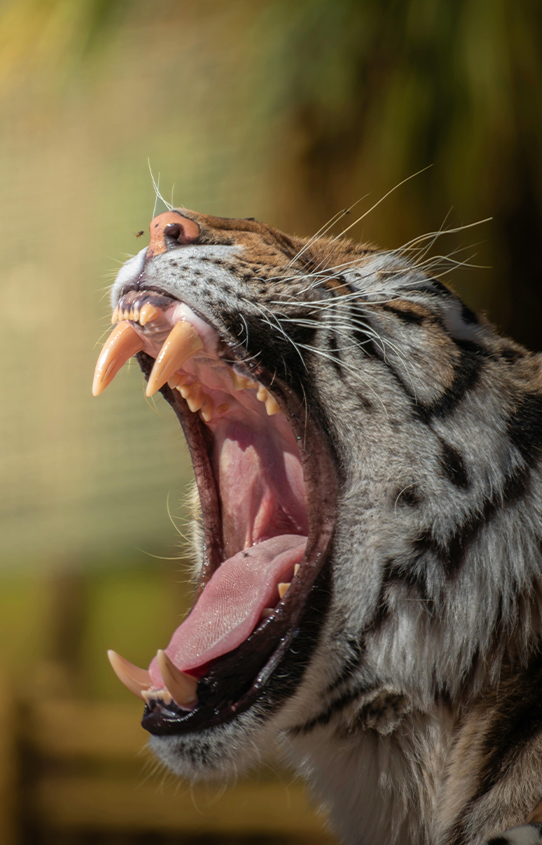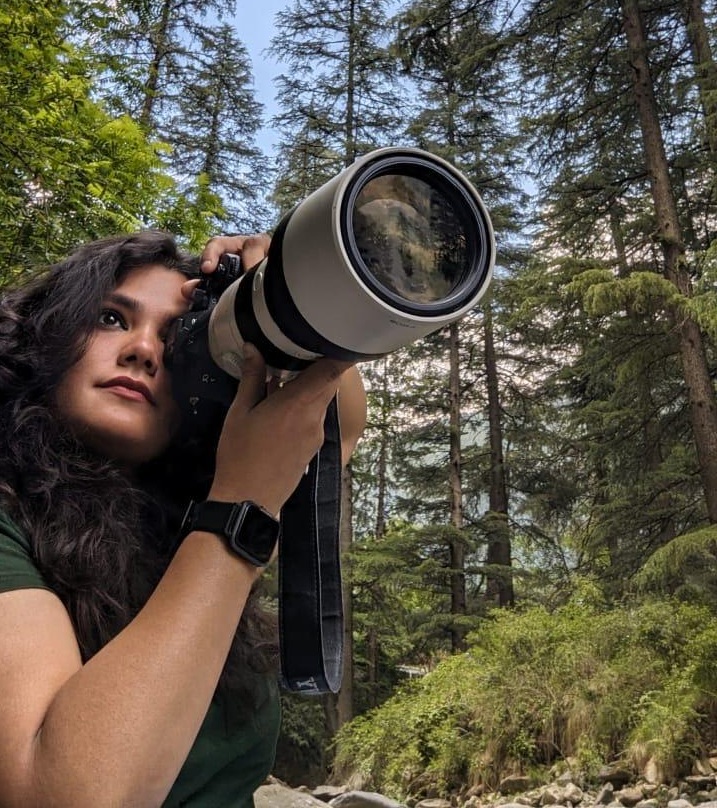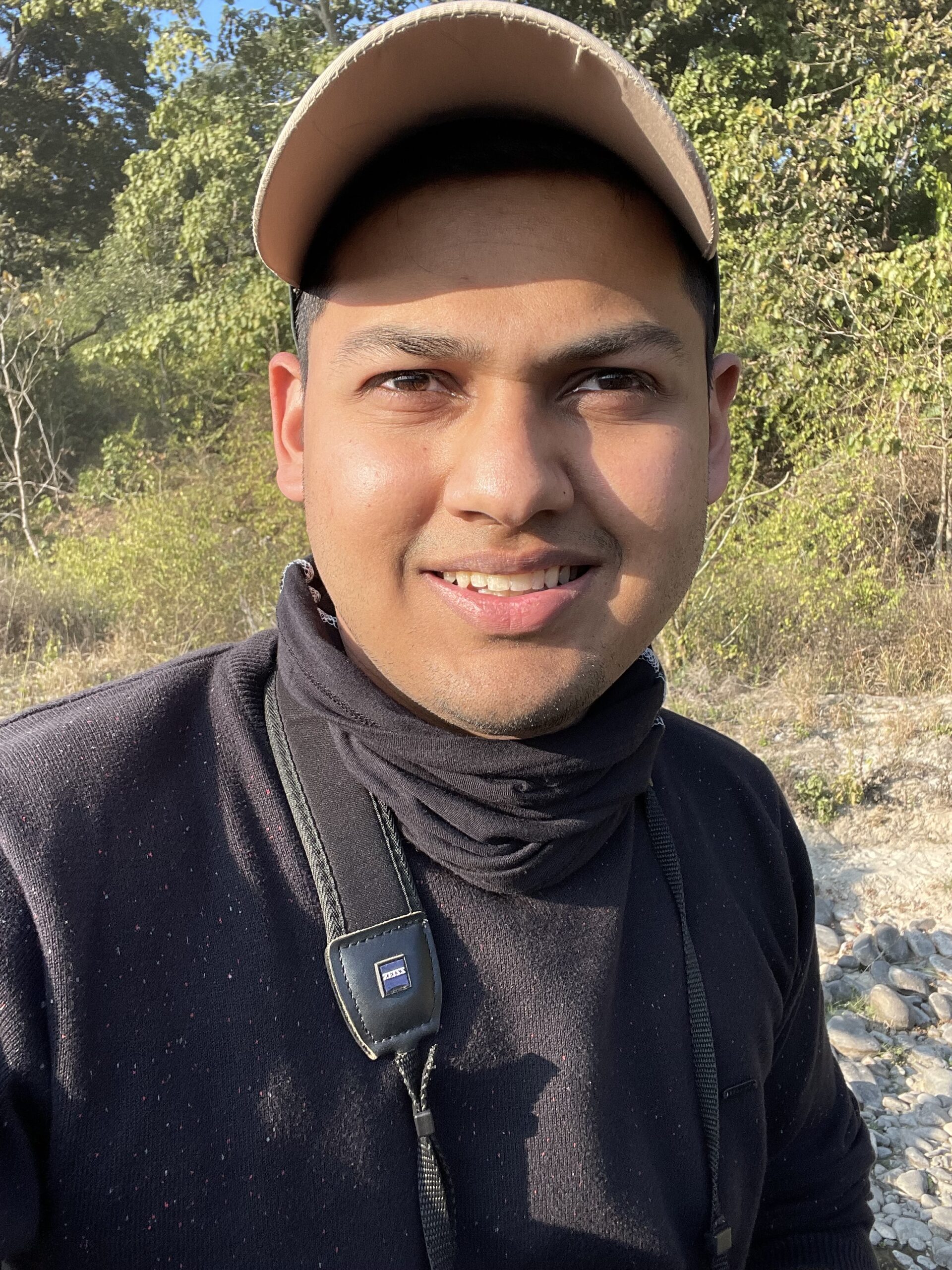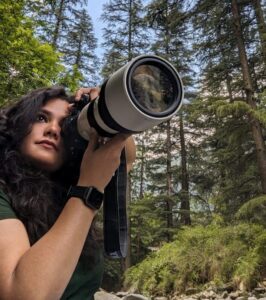Pench Tiger Reserve
Enter Rudyard Kipling’s wild imagination of tigers, leopards, and thick teak forests.

Safari Timings
There are several eco-trails and forest walks available around buffer zones with trained locals to guide you.
Winter (Oct–Feb)
- Morning Safari: 6:30 AM – 11:00 AM
- Evening Safari: 3:00 PM – 5:30 PM
Summer (Mar–June)
- Morning Safari: 5:30 AM – 10:00 AM
- Evening Safari: 3:30 PM – 7:00 PM
(Varies slightly with season)
Pench Tiger Reserve
Running along Madhya Pradesh and Maharashtra, Pench Tiger Reserve is named after the Pench river which runs through the forest. The forest is a beautiful and biodiverse forest, which is the inspiration for Rudyard Kipling’s famous “The Jungle Book.” Encompassing 758 sq. km, Pench is known for its teak-dominated forest, its undulating terrain, and its flat grasslands, all of which provide it with some of the most beautiful scenery and a rich population of wildlife.
The landscape of Pench is characterized by several seasonal streams, rivers, and scattered open areas that characterize prime tiger territory. The undulating topography and stark undergrowth allow for sightings of wildlife, especially in the summer months.
Flora:
The park consists primarily of tropical deciduous forest cut across by a broad, gauged tropical river, which has primary habitats of teak and other driver trees such as tendu, mahua, saja, and bija. When spring and summer arrive, the forest flowers and the flames of the palash and semal trees fill the forest with hues of red.
Fauna:
Tiger density in Pench is stable along with leopards, Indian bison (gaur), wild dogs (dholes), hyenas, jackals, and jungle cats. Spotted deer, Sambar, and nilgai are commonly seen in herds. The sloth bear and porcupine are commonly seen too.
Birdlife
Pench is home to over 250 species of birds, including Indian rollers, racket-tailed drongos, crested serpent eagles, peafowl, various species of owls and always a few water birds.
Destination Map
What to do
Jeep Safaris
Go on a jeep safari in the core areas of the forest such as Turia, Karmajhiri, and Jamtara, with expert naturalists, either in the morning or the evening.
Pottery and Village Walks
Explore local communities to experience how forest communities live, their traditional ways of craftsmanship as well as their connection to nature.






 Apoorva Jadon
Apoorva Jadon